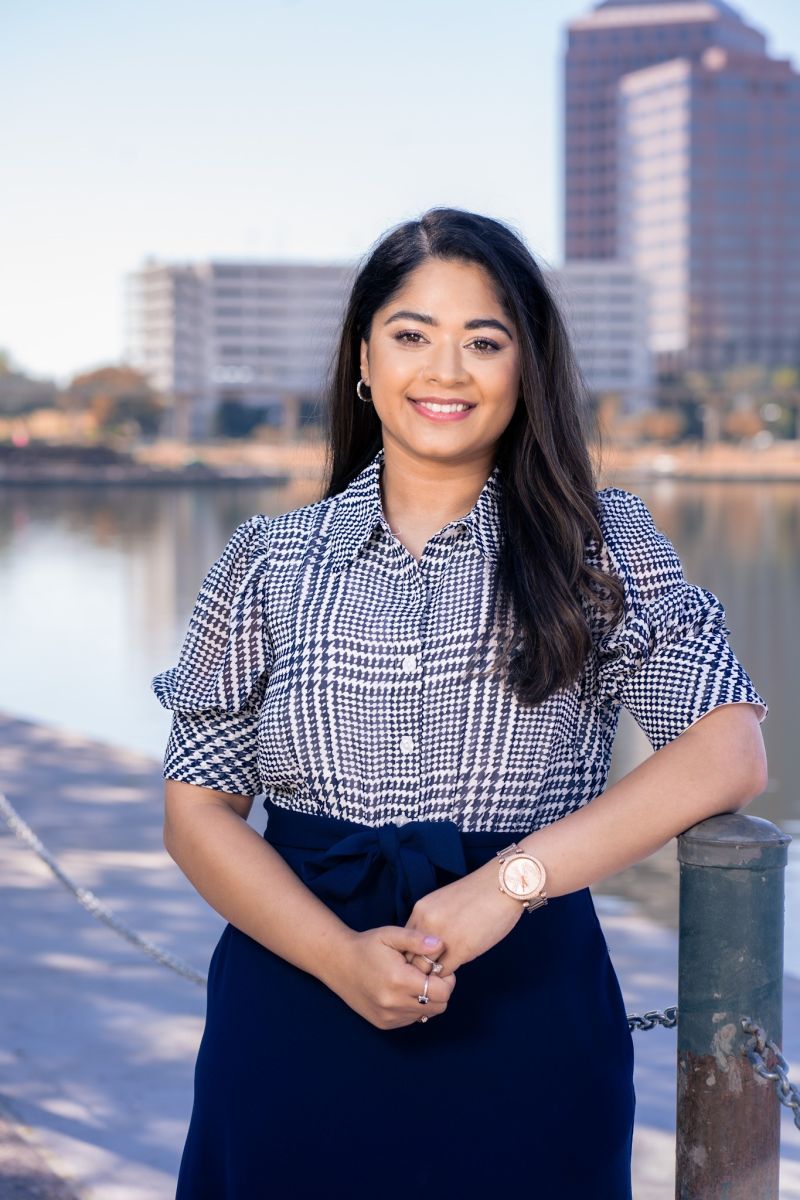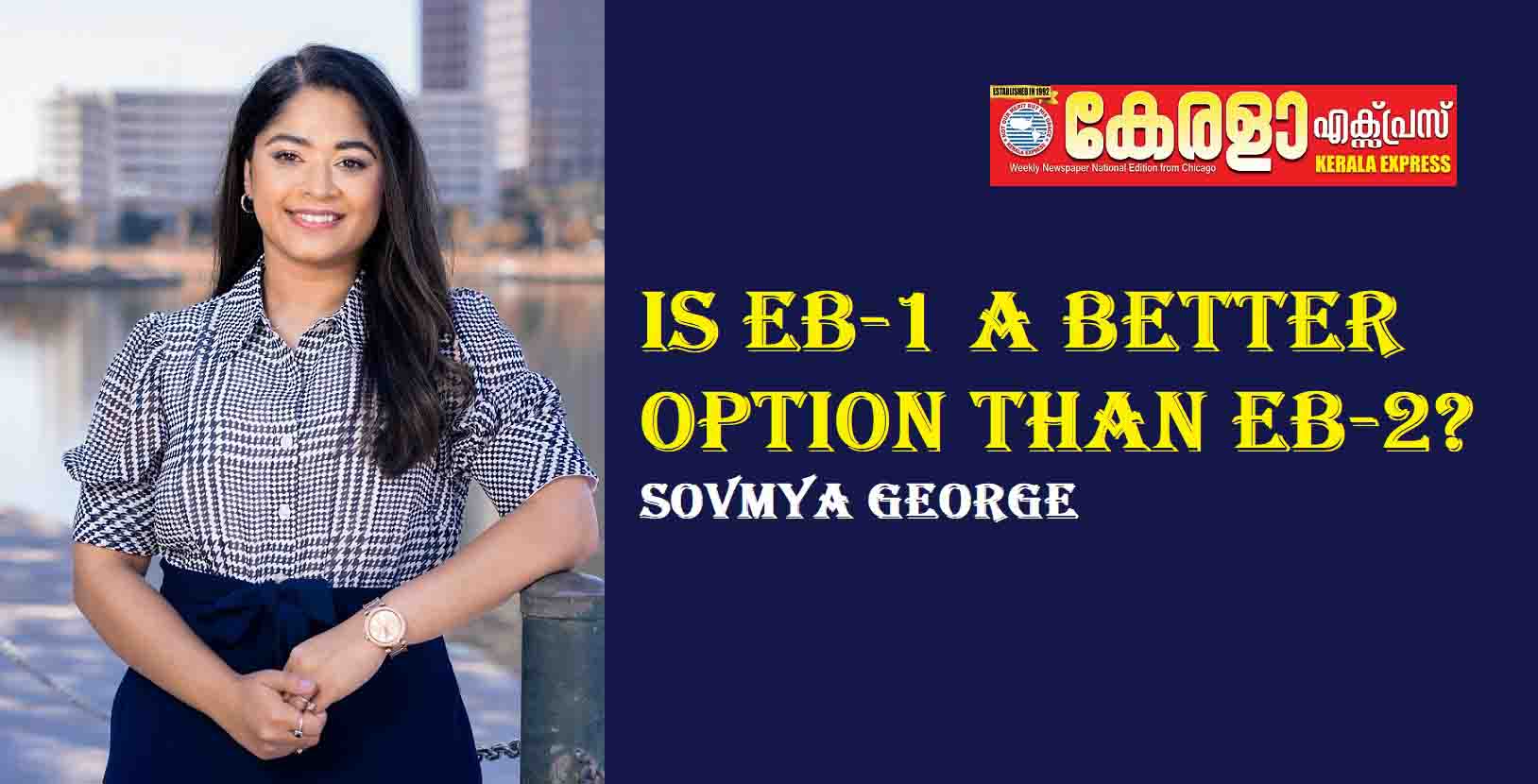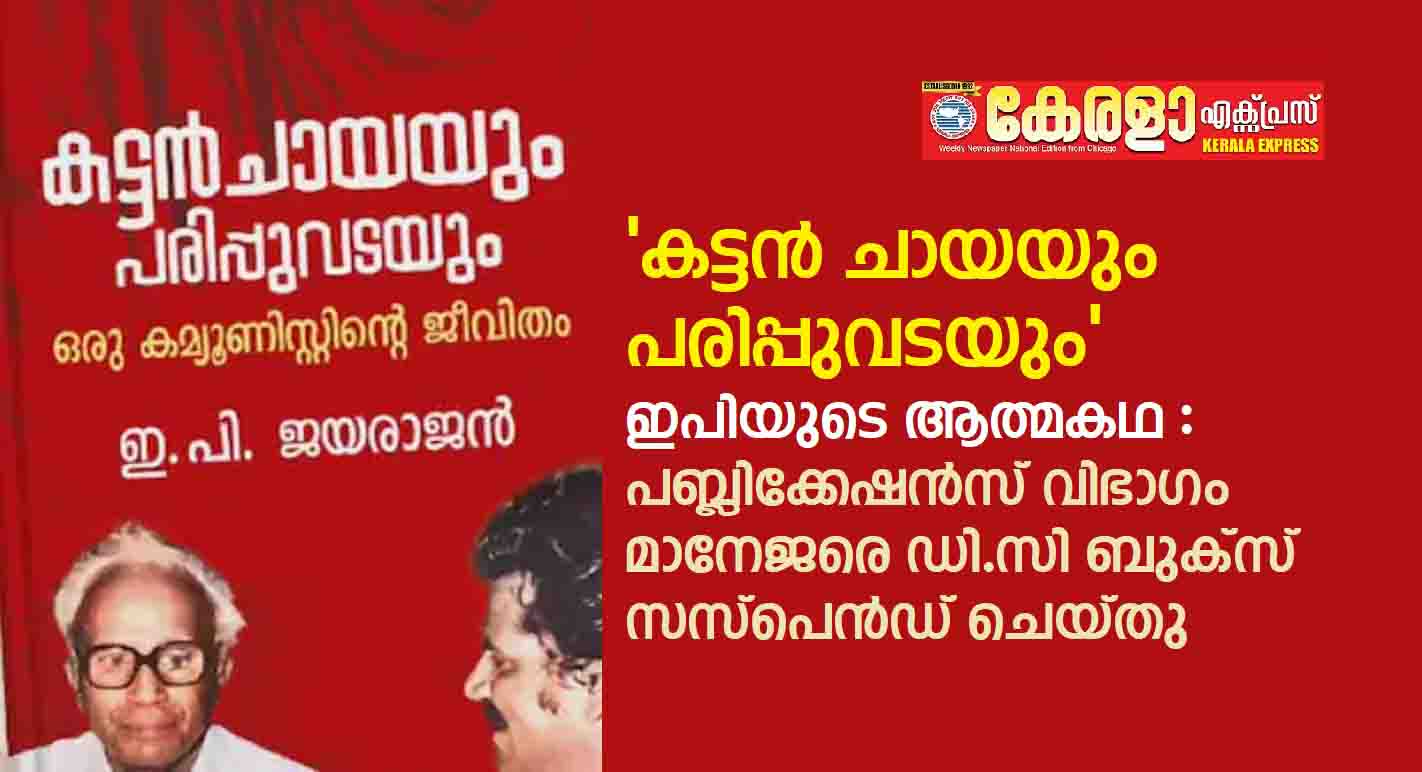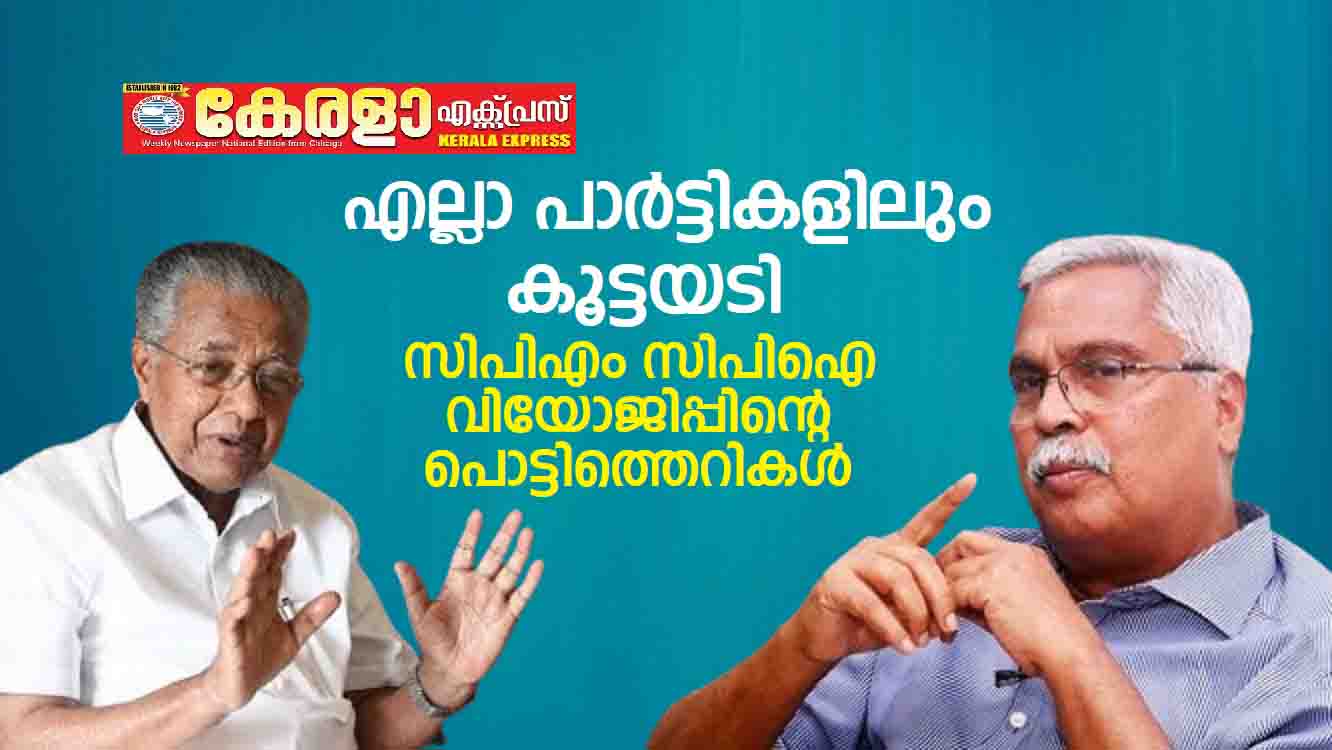EB-1 Category Visa: A person may be eligible for such a visa category if they fall in either one of three (3) categories: (1) Extraordinary Ability; (2) Outstanding Professors and Researchers; or (3) Certain Multinational Managers or Executives. Extraordinary Ability is categorized under EB-1A. Outstanding Professors and Researchers are categorized under EB-1B. Certain Multinational Managers or Executives are categorized under EB-1C. Each category (EB-1A, EB-1B, and EB-1C) has certain requirements that must be met in order for a candidate to be eligible.
EB-1 stands for Employment Based First Preference Category. It is a type of employment-based visa which will give someone who qualifies, a green card. Whereas an EB-2 stands for Employment Based Second Preference Category. It is another type of employment-based visa which will give a candidate a green card as well. Many applicants are confused as to whether applying for an EB-1 or EB-2 is better for them. It is very important one knows the differences between the two before deciding which path to take. In this article, we will summarize some differences between the two.
EB-1 Category Visa: A person may be eligible for such a visa category if they fall in either one of three (3) categories: (1) Extraordinary Ability; (2) Outstanding Professors and Researchers; or (3) Certain Multinational Managers or Executives. Extraordinary Ability is categorized under EB-1A. Outstanding Professors and Researchers are categorized under EB-1B. Certain Multinational Managers or Executives are categorized under EB-1C. Each category (EB-1A, EB-1B, and EB-1C) has certain requirements that must be met in order for a candidate to be eligible. For example, looking at EB-1A or those with Extraordinary Ability, USCIS requires the candidate to meet at least three (3) of the ten (10) criteria listed out by USCIS. If the candidate cannot meet three (3) of the ten (10) criteria, all hope is not lost as the candidate may still be eligible for an EB-1A visa if he/she earned a one-time achievement award such as a Pulitzer, Oscar, Olympic Medical, etc. and shows he/she will be continuing to work in the area of his/her expertise. Filing for a green card through an EB-1 category has its perks. One such perk is that the candidate does not have to obtain an approved Labor Certification from the Department of Labor. Another perk is that the candidate need not a job offer from a U.S. employer in order to apply for such a visa. The candidate may apply directly with USCIS, giving them that independency and time saving factor. Also, priority dates are typically current for this category which can significantly reduce the time the candidate can get their green card as compared to an EB-2 category visa.
EB-2 Category Visa: It varies from an EB-1 in the sense that an approved Labor Certification is required to file for an EB-2, as well as a job offer from a U.S. employer. The U.S. employer is the one applying on behalf of the candidate rather than the candidate themselves. There are two sub-categories to an EB-2 visa. If a candidate meets the requirement of either, they may be eligible for a Green Card. The first sub-category is anyone who possesses an “advanced degree”. According to USCIS, an advanced degree equates to a minimum requirement of a bachelor’s degree or its foreign equivalent and five (5) years of progressive experience in the field. Anything less is considered an EB-3 category. The second sub-category is anyone who possesses an “exceptional ability”. USCIS defines exceptional ability as, “having a degree of expertise significantly above that ordinarily encountered in the sciences, arts, or business. Along with that, one must meet at least three (3) criteria set out by USCIS.
Generally, EB-1 has more rigorous requirements compared to many other employment-based categories. Typically, candidates are in the top percentile in their profession who apply and qualify. The process is generally also more document heavy by providing documentation and evidence of the candidate’s high rankings, awards, publishings, research data, etc. Whereas an EB-2 visa category is less stringent. Each case is unique and must be evaluated on a case-by-case basis. Contact the Law Office of Sovmya George at 972-905-0948 to discuss your case and see which option would be best suitable for you.
Sovmya George, Esq.
Attorney/Founder
Law Office of Sovmya George, PLLC
T: 972.905.0948
www.lawofficesg.com

ATTORNEY SOVMYA GEORGE





















